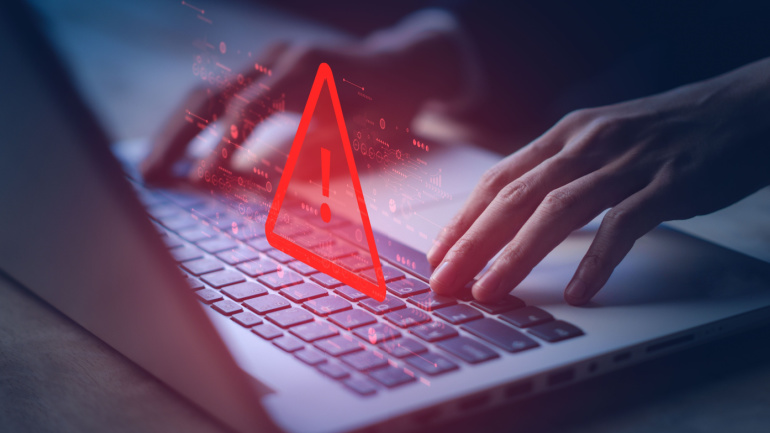In the fast-evolving realm of cybersecurity, hackers are displaying remarkable agility in adapting their techniques to exploit technological advancements. The frequency and cost of cyber attacks employing social engineering tactics have witnessed a surge in 2023, and experts predict an even greater volume of such incidents in 2024. GlobalData, a prominent data and analytics company, forecasts a trend where cybercriminals will rapidly innovate and extend the use of methods like social engineering and deceptive practices designed to manipulate individuals into divulging sensitive information.
The recently released GlobalData Advisory Report, titled “2024 Enterprise Predictions: Secure by Design,” anticipates a heightened focus on the exploitation of human vulnerabilities within organizations. Amy Larsen DeCarlo, Principal Analyst for Enterprise Technology and Services at GlobalData, emphasizes the critical role humans play as the most significant vulnerability in any organization. As artificial intelligence (AI) and analytics advance, cybercriminals are expected to devise more inventive ways to exploit human weaknesses related to trust, the desire for expediency, and convenient rewards.
Concerns about the misuse of AI for malicious purposes grew in 2023, particularly with significant progress in generative and synthetic AI. Threat actors are leveraging AI to rapidly alter malware algorithms, rendering traditional security software ineffective against tactics like deepfakes.
Despite the challenges, there is a silver lining. Vendors and managed security services providers (MSSPs) are increasingly incorporating generative and other forms of AI into their solutions. This not only enhances threat identification but also streamlines incident remediation. As employees, especially those in IT and security, become more accustomed to AI, it is emerging as a crucial tool in the defense against cyberattacks.
Looking ahead to 2024, enterprises facing market challenges may encounter tighter IT budgets, posing a potential risk to cybersecurity investments. Organizations, therefore, are urged to prioritize fortifying their defenses. The adoption of Zero Trust Architectures, embodying the “never trust, always verify” principle, is anticipated to continue. Additionally, enterprises will focus on integrating security into all network services through broader Secure Access Service Edge (SASE) implementations.







